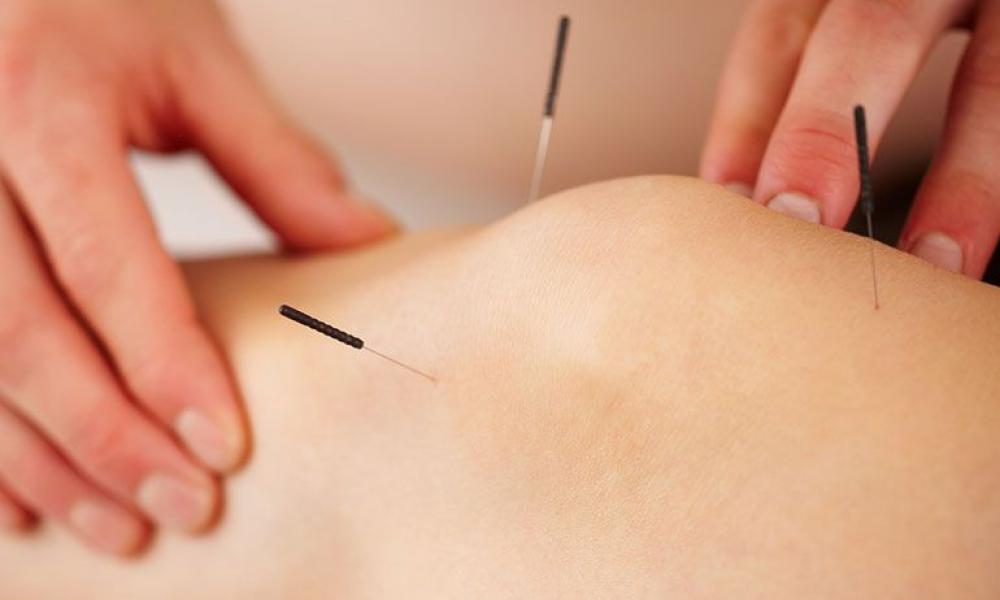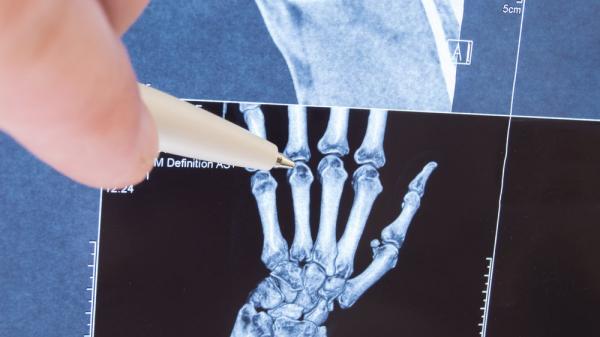
Studies haven’t confirmed acupuncture helps rheumatoid arthritis (RA), but it is it worth trying?
The word "acupuncture" is derived from the Latin words "acus" (needle) and "punctura" (penetration). Acupuncture originated in China approximately 2000 years ago and is one of the oldest medical procedures in the world.
There is limited evidence about the effectiveness of acupuncture in RA.
Multiple physiologic models have been put forward to explain the effects of acupuncture; however, the data to support these have not been enough to state with certainty how acupuncture works. The theory of acupuncture goes something like this: An essential life energy called qi (pronounced “chee”) flows through the body along 20 invisible channels called meridians. When the flow of this energy is blocked or out of balance, illness or pain results. More than 2,000 acupuncture points connect to the meridians. Stimulating those points with needles, it is said, will correct the flow of qi and alleviate pain.
One theory is that acupuncture untyes muscular straitjackets – releasing tight, spasmed, shortened muscles to their resting state, Another theory is that pain relief is partially due to stimulating the release of natural pain-fighting endorphins. At this stage, these are still theories and we don’t know exactly how acupuncture works.
Studies on acupuncture for RA have largely been of poor quality. They haven’t been able to prove the treatment offers any significant improvement in joint swelling, damage, or other markers of disease activity. However, one study showed that acupuncture may help certain people with their pain.
Some experts question whether pain relief is a real effect or the result of a placebo effect – patients feeling better simply as a result of having needles applied to their skin. Other say that even if acupuncture’s benefits are largely due to a placebo effect, it still could be worth trying.
The other thing to consider is that acupuncture is not risk free. There can be complications including rare cases of injections into the heart and deaths.
Acupuncture prices can range from $75 to $200 per session. Medicare won’t cover these costs, but some private health insurance companies will pay, at least to some extent.
If you do try acupuncture, it is important to look for a qualified practitioner. The Australian Acupuncture and Chinese Medicine Association can help you find an accredited acupuncture practitioner at www.acupuncture.org.au or ask your doctor to recommend a certified provider.
As with any therapy try to measure its effectiveness. You may want to keep a pain diary to monitor your progress and if you are not feeling any benefit stop it and try something else.











